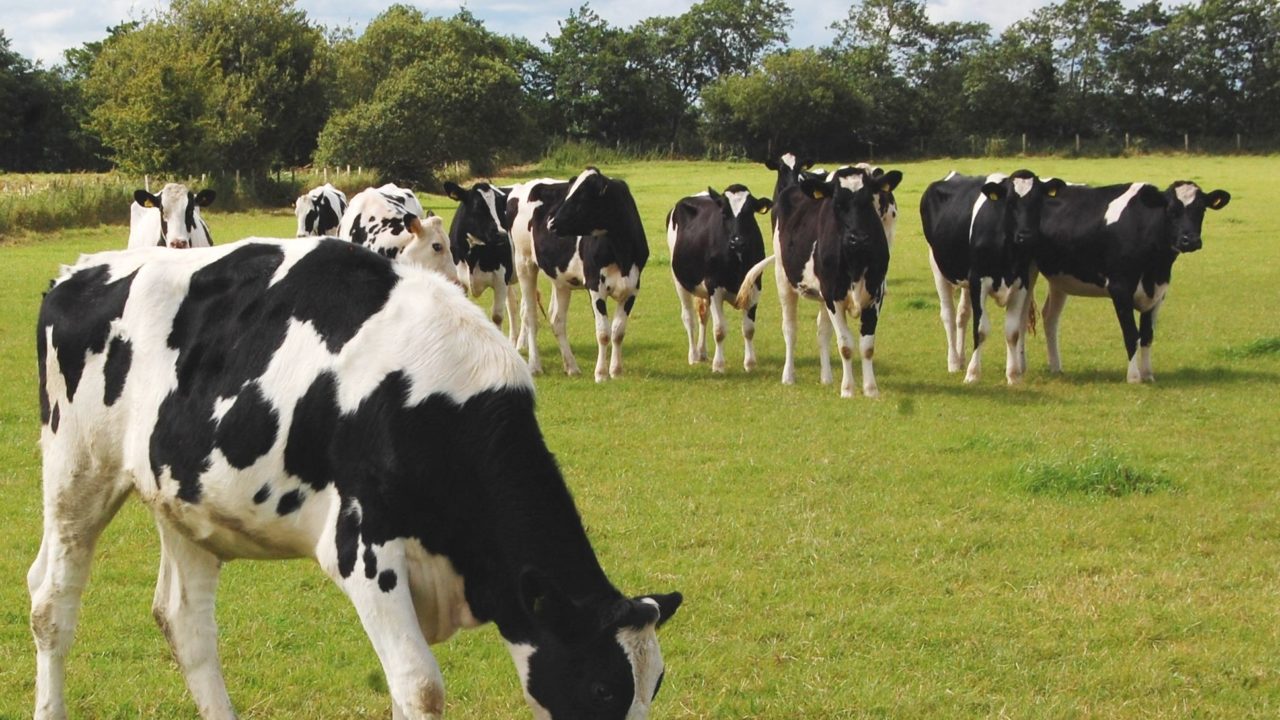The climate change submission to government by Ireland’s Beef Plan Movement (BPM) highlights the use of new feed additives as a key response by ruminant farmers to challenges posed by methane production.
According to the members of BPM’s Environmental Committee, a number of these additives, when incorporated into feed, can reduce a ruminant animal’s methane emissions by 15-20%.
According to a BPM spokesperson, given that a cow produces 150kg of methane per annum, on average, using these additives could reduce emissions of methane by over 27,000t for our national suckler-cow herd alone.
“When fattening cattle are included from beef-finishing herds, this figure rises to over 60,000t.”
Methane reduction
It is worth noting, said the spokesperson, that some additives have been shown to reduce methane emissions by as high as 80%.
“Our agricultural research agencies need funding to develop these products further. The cost burden of using these additives should not be carried by farmers but should be incorporated into the price of the end product.”
BPM is also citing the need for more efficient breeding policies to be implemented within Ireland’s national dairy and suckler herds.
Ireland’s dairy herd has expanded rapidly since the abolition of milk quotas in 2015 with over 400,000 cows added to the national herd.
The BPM spokesperson commented:
“The emphasis on this expansion is to produce as much milk per cow as possible. There was little or no thought given to the calves produced every year as these were seen as a by-product.
“However, with increasing pressure on live shipping of calves to Europe from animal-rights activists, and the huge inefficiencies in fattening Holstein cross Jersey calves, it has never been more important to enhance the beef merits of calves from our dairy herd.
“While this may have an impact on milk quantity produced, we believe it is a more sustainable route for farming in Ireland.”
BPM would like to see more of an emphasis placed on dual purpose breeds, such as British Friesian, Fleckvieh and Montbeliarde.
It is believed that calves produced by these cow types would have an enhanced beef value, relative to other pure-bred dairy stock.
Environmental benefits
The BMP spokesperson further explained:
“There is also an environmental benefit as these calves can be finished up to six months sooner than purely dairy breeds.
“For example, if 100,000 cattle could be finished six months earlier due to improved breeding this would lead to a decrease in methane emissions of approximately 5,500t per annum.
“It is worth noting that there are almost two million cows in our national dairy herd.
“We believe dairy farmers will need to be financially incentivised to make the move to dual-breed cows.
“While there will be an increase in the value of the calf, this may not cover the loss of milk produced.”
